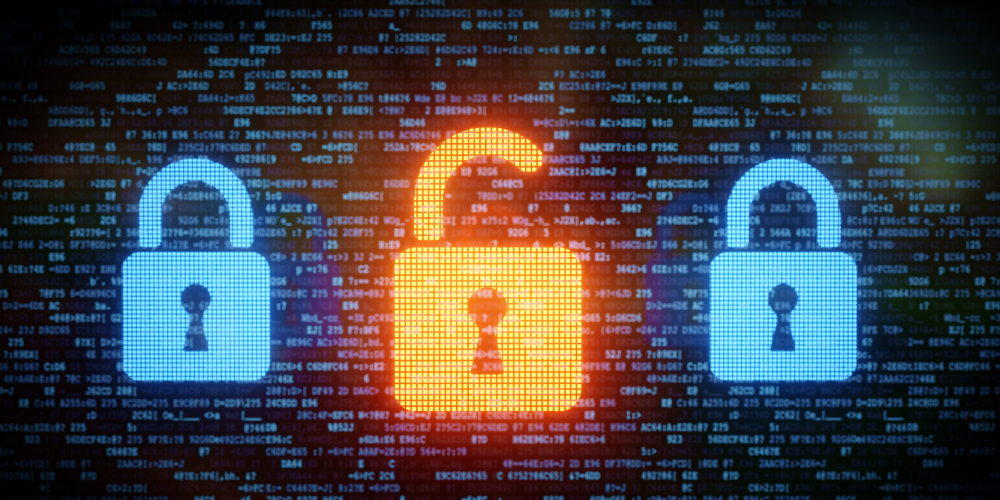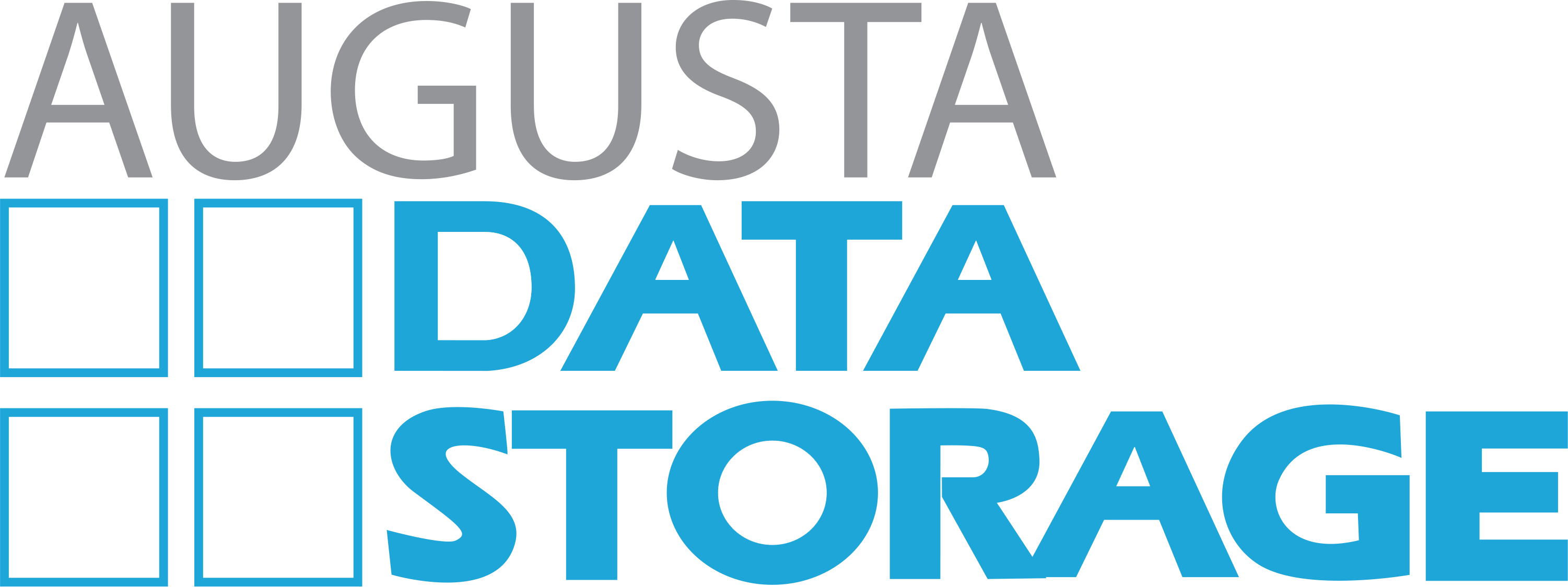Tips for creating strong offline backups for your digital data

In an increasingly digital world, safeguarding your digital data is essential. While online backups are convenient, they are not foolproof. To truly protect your data, it’s crucial to create offline backups. We’re digging into the importance of offline backups, exploring a comprehensive backup strategy, and identifying a few ways to help you maintain the integrity and security of your stored data.
Understanding the Value of Creating Offline Backups
Offline backups provide an additional layer of security for your digital data and they are immune to online threats such as hacking, ransomware, and server crashes. By keeping offline backups, you can ensure that your data is safe, even in the event of a disaster or catastrophic failure affecting your online backups.
Additional benefits of offline backups include:
- Faster restoration times. In most cases, offline backups can be restored faster than online ones due to their physical nature.
- Greater control over access. By keeping your data in an offline backup, you can rest assured that it is protected from unauthorized access and manipulation.
- Extra protection against power outages, natural disasters, and other unexpected events.
Employ the 3-2-1 Backup Strategy:
The 3-2-1 backup strategy is a simple yet effective method for safeguarding your data. This approach recommends creating three copies of your data, with two on different storage media and one stored offsite. Three copies of data is critical for data safety, as it ensures that your information can be recovered even if one or two of the copies are corrupted. By maintaining two versions in different locations, you minimize the risk of losing your data due to theft, fire, or other disasters.
Choose an Appropriate Storage Medium:
There are various storage media options available for offline backups, such as hard drives, flash drives, CD/DVDs, and more. Selecting the appropriate storage medium depends on factors like the amount of data you need to store, the desired level of portability, and your budget. Consider the longevity and reliability of the chosen storage medium, as well as its vulnerability to physical damage. The most common storage medium is an external hard drive, which offers fast transfer speeds and ample storage space for most use cases.
Quality Test Your Backups:
Regular quality testing is crucial to verify the validity of your backups. Data integrity tests and restore tests can help you identify potential issues and ensure that your data can be successfully restored when needed. Consistent testing will help you maintain confidence in your backup system.
Quality Test methods your data security team can employ include:
- Checksum checks – Compares the number of bytes in a data file to the expected value.
- Compare files – Compares files from the current backup to older versions.
- Restore tests – Verifies that backups can be successfully restored and that no data is lost during the process.
Utilize Encryption:
Protect your backed-up data from unauthorized access or malicious activity by encrypting it. The most common tools for encrypting data are secure file encryption, disk encryption, and database-level encryption. By encrypting your offline backups, you can ensure that the data stored on your devices is secure. Additionally, use strong passwords and additional security measures like multi-factor authentication to help further secure your data. Encryption adds an extra layer of protection to your offline backups, making it more difficult for intruders to access your sensitive information.
Execute Regular Cleanups:
Regularly deleting obsolete or outdated files from your backups saves space and avoids potential problems when restoring data later. Keep your backups organized and up-to-date to ensure that you can quickly and accurately restore your data when needed.
Identifying outdated and redundant files can be a labor-intensive process, but the effort is worthwhile to ensure that your backups are kept up-to-date. We recommend having a data security specialist review the contents of your backups at least annually to avoid potential issues.
Create a Destruction Plan for Outdated Backups:
When backups are no longer needed, it’s important to dispose of them securely. Develop a destruction plan to prevent unauthorized access to your outdated backups. This may involve physical destruction of storage media or secure digital wiping methods.
Alternatively, our team at Augusta Data Storage offers a full range of destruction services for all types of data storage media, from hard drives and flash drives to CD-ROMs and optical discs.
Vault Storage Services at Augusta Data Storage
Vault storage services at Augusta Data Storage provide secure and reliable offline storage for your data. Our vault services offer secure storage, protection from disaster, and continuous monitoring to ensure the safety of your data. We employ advanced security measures, including physical locks and alarms, to prevent unauthorized access and climate control systems in place to ensure ideal environmental conditions for your data. We also provide a range of other data maintenance services, such as backup maintenance and quality testing. Our experienced team is committed to providing the highest level of data protection and security.
With Augusta Data Storage, you can rest assured that your data is in safe hands. Contact us today for more information about our vault storage services.
